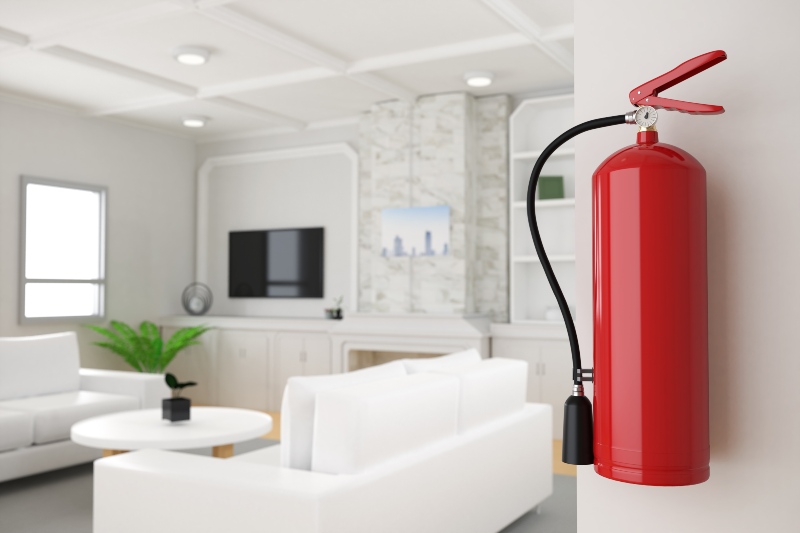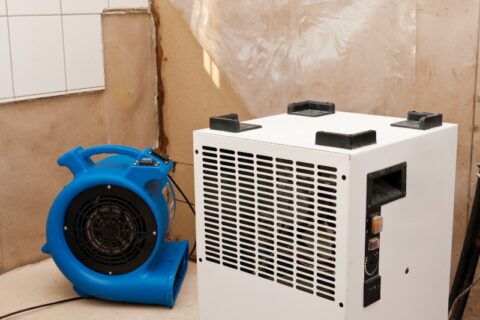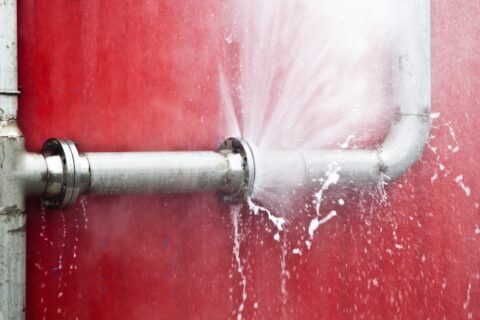Essential Tips for Emergency Preparedness in Case of a Fire

Did you know that, on average, there are more than 350,000 house fires in the U.S. each year? Over the past five years, house fires have caused 2,620 deaths and nearly $7 billion in property damage. What can you do to keep your home from becoming part of these grim statistics? Prevention is the key. Here, we offer fire preparedness tips to help keep your home and family safe.
- The first step in home fire preparation is installing smoke alarms. These should be installed on every level of your home, in the kitchen, and outside every sleeping area. They should also be interconnected so that when one sounds, they all do. Don’t remove or disable smoke alarms, and test them at least once a month, replacing the battery or the entire unit if one is not functioning. Install carbon monoxide alarms, as well. Teach kids about these alarms and what to do if they go off.
- Make a fire safety plan with your family. Practice escaping from your home at least twice a year, and make sure every family member knows at least two ways to escape. Keep an emergency first aid kit readily available. Outfit second-floor rooms with portable ladders, and establish a meeting spot outside the home where family members will gather in the event of a fire. Have a communications plan in place and make sure every family member knows who to contact if they can’t find each other. Teach children when to call 911.
- Be careful with flammable items. Keep anything that could catch on fire at least three feet from heat sources. Turn off portable heaters when you go to bed or leave the room, and use flashlights instead of candles if the power goes out. Never leave a burning candle unattended. Talk to kids about fire safety and keep matches and lighters out of reach. If you smoke, smoke outside, and never smoke in bed or when drowsy or medicated. Check your electrical wiring regularly to make sure there are no frayed extension cords, exposed wires, damaged outlets, or loose plugs, and that no wiring is under rugs, attached by nails, or in areas with high traffic.
- Heat your home safely. Keep your home heating sources clean and in good repair. Only use kerosene heaters where permitted by law, and only refuel them outside, after they are cool.
- Practice fire safety in the kitchen. Never leave the kitchen when you’re frying, grilling, or broiling food, and don’t leave the house while anything is simmering, baking, roasting, or boiling. Don’t allow pets onto countertops and cooking surfaces. Keep flammable objects like potholders, towels, and small appliances away from the stove area. If a fire starts in a pan, put a lid on it and turn off the burner, keeping the lid on until the pan is completely cool. Don’t pour water on a grease fire, but douse it with baking soda instead.
- Maintain your fire extinguishers. Have at least one fire extinguisher in your home, and more if you have multiple stories or a large house. Check your fire extinguishers for expiration, replacing as needed.
- Be safe after a fire, too. Of course, no matter how much we prepare, emergencies still happen sometimes. If your home has suffered a house fire, it may not be safe to try and clean it up on your own. Call a professional fire restoration company to get the job done safely and efficiently.
If your home has been damaged by a fire, call the experts at Pacific Flood Restoration for fire restoration San Diego residents can trust. We offer full-service, 24-hour, on-call emergency services, and we’ve earned a reputation for being dependable, on time, courteous, and ethical. No matter the extent of your damage, our trained technicians have the experience, proven techniques, and state-of-the-art equipment to restore your home, fixing whatever damage it may have sustained. Call 832-294-5462, or contact us through our website.


